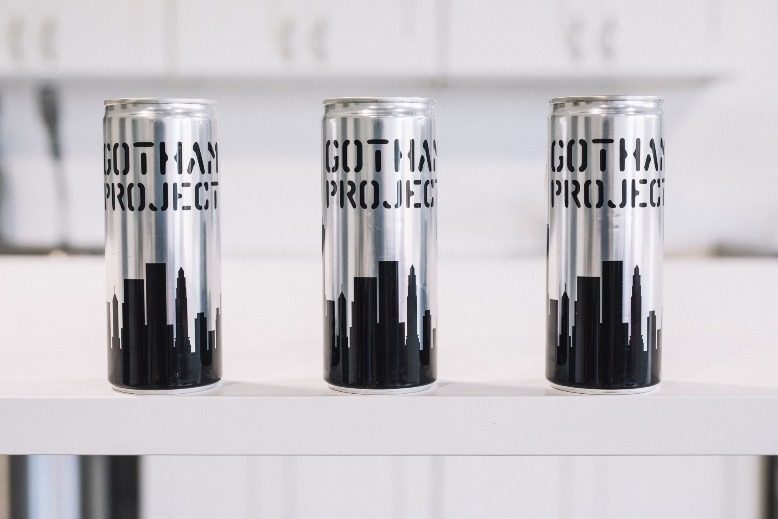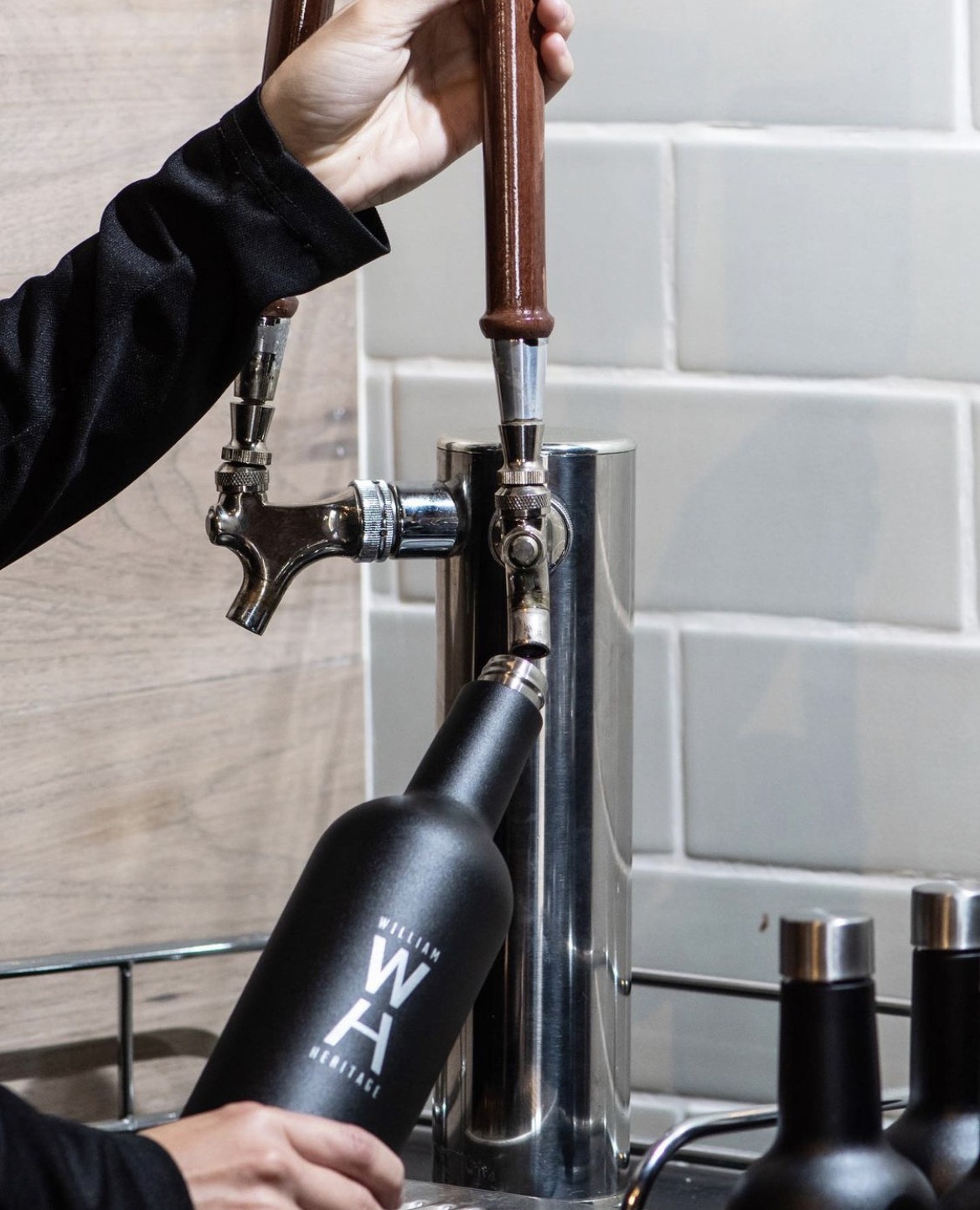
“Several years ago, I thought it was the time for boxed wines,” says Sharon Sevrens, owner of Amanti Vino, a boutique wine shop in Montclair and Morristown. So she brought in a few options. “No one was interested, which shocked me.”
But across the wine industry, producers are beginning to reevaluate, offering more sustainable packaging for eco-conscious consumers. The bottle alone accounts for at least 50 percent of the total carbon footprint of a bottle of wine. Recycling helps, but less than 30 percent of glass bottles actually get recycled in the United States. That’s a lot of waste.
Some wineries, including Beneduce Vineyards in Pittstown, have opted for lighter-weight bottles. Others have eliminated metal foil capsules, the protective neck sleeves you peel off and toss in the trash. And more are putting wines in cans, boxes and kegs—formats that no longer need be associated with low quality.
As for consumer acceptance, “we’re seeing a slow transition to more sustainable packaging,” Sevrens says. “It definitely has not been a rush, but customers definitely appreciate that as an option.”
Ahead of the curve, the Bayonne-based Gotham Project, a company specializing in kegged wines, has supplied them for more than a decade. “From day one, the focus has always been on sustainability,” says Bruce Schneider, a winemaker who founded the company with his business partner, Charles Bieler, in 2010. They sell wines—sourced in bulk from producers in the Finger Lakes, Oregon, Washington, Italy, France, Spain, Austria, Argentina, Chile and New Zealand—to restaurants and bars in 40 states.
In New Jersey, you can find Gotham Project wines on tap at Asbury Hotel and Asbury Lanes in Asbury Park, the Mohawk House in Sparta, and the MoonShine Modern Supper Club in Millburn.
Last year, the company began experimenting with returnable wine bottles, rolling out a trial program in environmentally conscious states like New York, Massachusetts, Vermont and Colorado. Earning a small rebate, consumers can refill and reuse bottles embossed with “Return & Reuse,” just as you might fill a growler at your local brewery. If all goes well, we could see Gotham’s refill stations in Garden State retailers in the next few years.

William Heritage Winery in Mullica Hill offers wine on tap in stainless steel growlers. Photo courtesy of William Heritage Winery
Until then, you can get a sense of the experience at William Heritage Winery in Mullica Hill. The tasting room offers wine on tap from kegs. Rich Heritage, director of sales and marketing, says it has been a great success. (It’s not the winery’s first foray into sustainable packaging. In 2018, it became the first Jersey winery to sell canned wine, a rosé.)
Meanwhile, the number of delicious, quality wines available in cans and boxes continues to grow. At Amanti Vino, Sevrens has been especially excited to watch the success of a boxed wine called Sandy Giovese, an organic Sangiovese blend from Italy that she released exclusively in a 3-liter box (equivalent to four bottles of wine) that retails for $34.99.
“A lot of people are focusing on healthy lifestyle these days,” she says. “A lot of people don’t want to share an entire bottle of wine with a spouse or roommate. They just want a glass or two. With a box, which lasts a long time, you can pour yourself a glass, and there’s absolutely no waste.”
